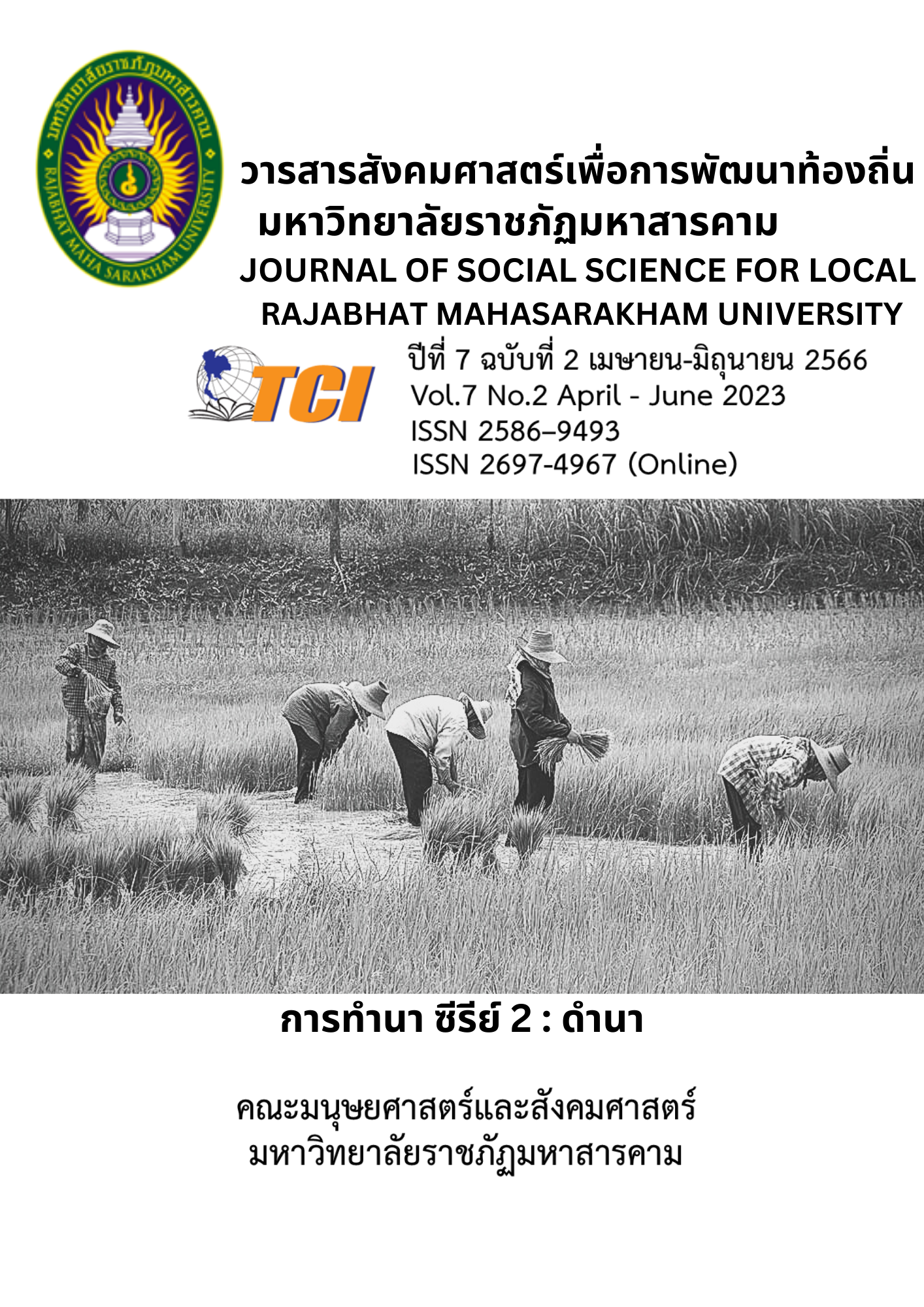Problems with Suspended Punishment and Measures Alternative to Imprisonment.
Keywords:
Problems with Suspended Punishment, Measures, Alternative to ImprisonmentAbstract
This research consists purposes were 1. to study concepts and theories of punishment, principles of sentencing as to be suitable for individuals and suspended punishment 2. to study other alternative punitive measures in comparison with the United States of America and the French Republic and 3. to recommend approaches to revising the Penal Code, Section 56, allowing the Court to exercise discretion to impose a measure alternative to imprisonment in broader manners. is a qualitative research which studies from various related documents such as laws, rules, regulations, textbooks, academic articles, researches, Supreme Court judgments foreign law and information media, etc., then the information gathered from relevant documents is content Analysis. Results of the study shows that 1) the studied concepts and theories are theories and purposes of punishment, principles of sentencing as to be suitable and proportionate for individuals, punitive measures alternative to imprisonment, and suspended punishment or suspended sentencing 2) Thai laws lack measures alternative to direct imprisonment, but have probationary measures for offenders under the Penal Code, Section 56, which are prescribed as approaches for the Court to exercising discretion to impose conditions on the offenders in broad manners. Comparing with foreign countries, it is found that, in the United States of America and the French Republic, the Courts can impose other punitive measures instead of direct imprisonment without conditions of the judgments for suspended punishment unlike in Thai laws. As a result, the Court can exercise discretion to impose forms of punishment suitable for individuals in a broader manner and 3) the Penal Code, Section 56 should be amended, by removing restrictions of conditions of first time offenders, and prescribing for discretion of the Court to determine whether or not the accused is a habitual offender, whether or not the punishment should be suspended, and Proceedings of Probation under the Penal Code Act, BE 2522 (1979), Section 11, should be amended, by removing restrictions of conditions for the Court to exercise authority to order a probation official to investigate and put the accused on a probation in any case, for benefits of imposing punishment suitable for individuals.


